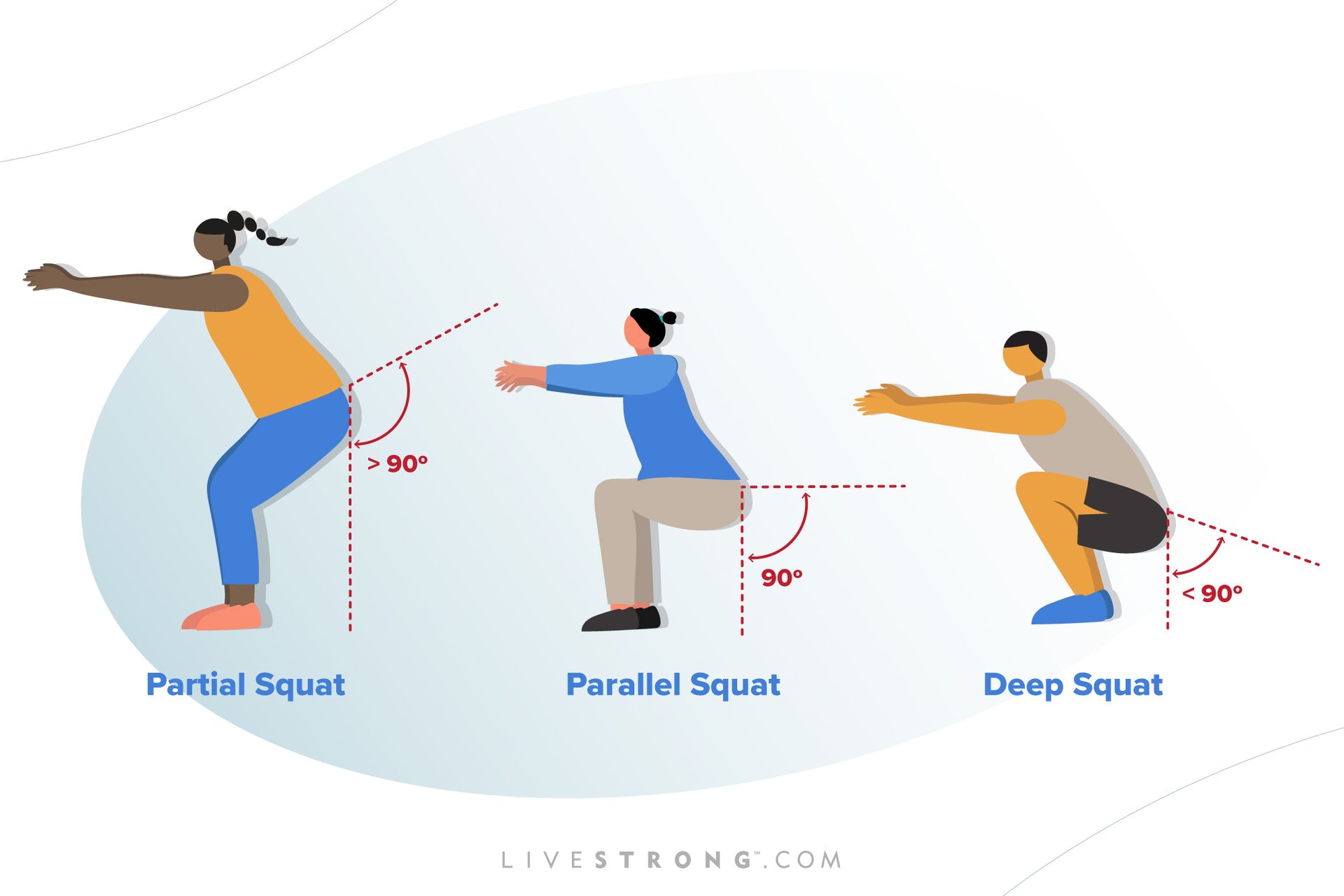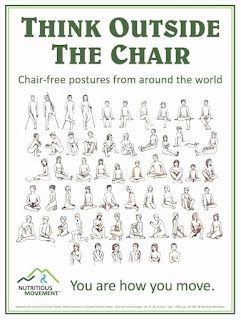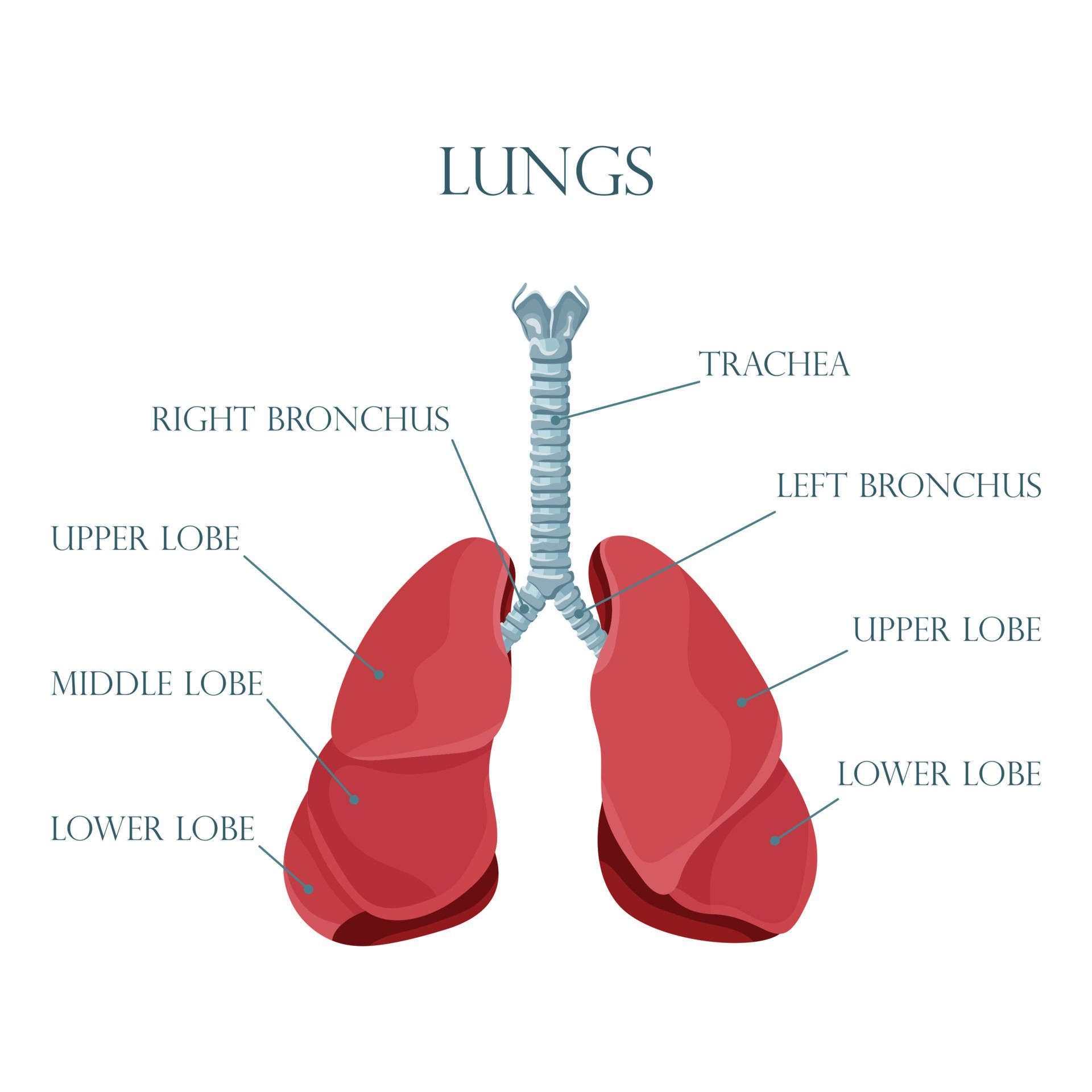
10 benefits of lifting weights
Base Factory Performance Training
10 benefits of lifting weights
Strength Training, also called Resistance Training or Weight Training, is the use of resistance to muscular contraction to build strength and increase the size of skeletal muscles. Although it doesn’t necessarily mean that you will have extra pumped muscles, it comes with multiple benefits that will definitely improve your life.
Building strength can be done in many ways, lifting free weights and using weight machines are among the most popular. Adding resistance to your routine by lifting weights that are challenging to your current strength level will cause your body to adapt by increasing strength.
Whether you are thinking about starting to work out at the gym or complementing your current routine by adding strength training, it is important to know all of the benefits your body and mind will gain from it. This will keep you motivated and informed as to why you are doing it.
Here is a list of 12 of the many benefits that lifting weights can bring into your life:
#1) Increased Muscle Strength and Tone
Let’s start with the most obvious one, getting stronger muscles!
From the Ancient Greek and Romans to the modern day, structured strength training with progressive increases in load has been one of the most efficient methods for increasing muscle strength quickly. Someone who is just starting and has no previous training will be able to lift heavier in only a couple weeks.
Initially, that gain comes from neuroadaptations - basically your brain is learning how to use your muscles more efficiently, therefore you can lift more weight. After approximately 6 weeks, the muscles will go through hypertrophy - the actual muscle enlargement. This process will likely be more visible in men than women since they usually have larger muscles to begin with, and higher levels of testosterone. Both genders will still develop strength at a similar rate with progressive increases in load.
So not only you will feel stronger and more capable on your daily life, but you will also look stronger if you continue to increase the level of your training!
#2) Improved bone health
Strength training increases bone mineral density and reduces the risk of fracture, and diseases such as osteoporosis. That’s because the cells in the bone have receptors that identify the mechanical strain applied onto the structure and will signal the body to increase bone mass locally.
In about 12 weeks of strength training, the bones involved in loaded exercises will go through a full remodeling cycle, and will undergo osteogenesis - the process of producing new bone tissue. The bones will get thicker and more resistant to fractures.
This is a huge benefit since it will actually help prevent injuries from falling or being in an accident, and it will enable you to stand with better posture overall.
#3) Weight Management
Strength Training helps build muscle mass, which can boost metabolism and aid in weight loss or management.
Whether you are trying to lose or to gain weight, both can be achieved with proper strength training! The increases in muscle mass come with hormonal changes that play a big part in weight management and fat loss.
Adjusting the proper amount of sets, repetitions and load is extremely important when planning for weight management, so having a qualified trainer is key in this process. They will be able to design a program specific to your goals, and keep track of your progress to continue improving.
It is also highly recommended to work with a nutrition specialist to make sure that you’re getting the proper amount of calories and nutrients that will be aligned with your training program.
#4) Reduced risk of chronic diseases
It is currently estimated that half of all American adults have at least one chronic disease. About 86% of all healthcare spending goes towards chronic medical conditions, and it accounts for 7 out of 10 top causes of death.
Regular strength training has been linked to a reduced risk of chronic diseases such as heart disease, diabetes, and certain types of cancer. The U.S. Department of Health and Human Services recommends participating in at least 2 days/week of Resistance Training.
Even for those who already have a chronic disease, it serves as an effective countermeasure to the adverse physical and neurological consequences, reducing the need for medication and improving overall health.
If you can avoid spending all your money on medical bills, while also getting stronger, and all it takes is working out 2x a week, it only makes sense to go ahead and do it!
#5) Improved balance and coordination
Strength training can improve balance, coordination, and posture, reducing the risk of falls and injuries.
Training different movements will help you develop better proprioception, which is the sense that lets us perceive our body in relation to the environment. It encompasses perception of joint position and movement, muscle force and effort.
So while your muscles are getting stronger, your brain is also learning how to coordinate and position your body more efficiently in your environment.
#6) Increased flexibility and mobility
Regular strength training can improve flexibility and range of motion, reducing the risk of injuries and improving overall mobility.
If you feel like you are not as flexible as you used to be, it is probably because you don’t move as much as you used to and as close to your joint limits.
Training your muscles regularly to move with full range of motion, will lead to a much higher flexibility and mobility, which is the ability to move freely and strongly throughout the whole joint range.
#7) Enhanced mood and mental health
Strength training has been shown to improve mood, reduce stress, anxiety/depression, and promote overall mental well-being.
Due to the hormonal changes caused by exercise, there are significant changes in mental health that have been proven by science. Exercising regularly is associated with reduced depression levels in adults, and it can be an effective intervention for reducing symptoms of depression and anxiety. It also helps reduce pain, which is one of the factors that affects mental health.
It has been shown that 10 weeks of combined resistance training and aerobic activity can significantly improve physical self-concept, total mood disturbance, depression, fatigue, positive engagement, revitalization, tranquility, and tension.
Training will certainly help you feel better, especially if it’s done regularly.
#8) Improved sleep quality
Exercising regularly improves overall sleep quality, and it can help you fall asleep faster and sleep more soundly.
Having better sleep means you’ll have more energy throughout the day, and be overall more rested.
If you have trouble falling asleep, there’s nothing like a good evening workout to make you want to just lay down and relax.
#9) Increased energy levels
Other than being more rested because you’ll sleep better, you will also get more energy after training.
Many will agree that a morning workout is a great way to start the day with a pump, feeling accomplished and ready to work.
Strength training can boost energy levels and reduce feelings of fatigue, helping you feel more alert and energized throughout the day.
#10) Improved mental capabilities
Your body doesn’t do anything without the brain, they’re always working together. So it makes sense that training your body and working to learn new movements would also give your brain a workout.
Lifting weights regularly has been associated with improved mental cognition, which means you can have better learning skills, memory, and attention.
So not only you’re going to get stronger, but you’re also getting smarter along with it!
Now that you have 10 reasons to get to the gym and start a training program, you can forget about the reasons and excuses not to do so!
Get started today and soon you will be in love with training and all the value that it adds to life!
Talk to a coach from Base Factory Performance Training HERE, get your initial assessment done and get your own customized training plan to make sure you’ll get workouts that fit your goals and lifestyle!
Thank you for reading our blog, stay tuned for more content about health and training!
Follow us on Instagram
By: Larissa Paes, BSc in Physical Education
References:
1. Mayo Clinic. (n.d.). Strength training: Get stronger, leaner, healthier. Retrieved from https://www.mayoclinic.org/healthy-lifestyle/fitness/in-depth/strength-training/art-20046670
2. National Institutes of Health. (n.d.). Exercise
3. Hedrick, Allen MA, CSCS, Assistant Strength and Conditioning Coach. Training for Hypertrophy. Strength and Conditioning 17(3):p 22-29, June 1995.
4. Chang X, Xu S, Zhang H. Regulation of bone health through physical exercise: Mechanisms and types. Front Endocrinol (Lausanne). 2022 Dec 7;13:1029475. doi: 10.3389/fendo.2022.1029475. PMID: 36568096; PMCID: PMC9768366.
5. Ciccolo, Joseph T. Ph.D., CSCS; Nosrat, Sanaz M.A.. RESISTANCE TRAINING AND CHRONIC DISEASE: A Summary of the Current Evidence. ACSM's Health & Fitness Journal 20(5):p 44-49, September/October 2016. | DOI: 10.1249/FIT.0000000000000239
6. Hurley, B.F., Hanson, E.D. & Sheaff, A.K. Strength Training as a Countermeasure to Aging Muscle and Chronic Disease. Sports Med 41, 289–306 (2011). https://doi.org/10.2165/11585920-000000000-00000
7. da Mota, G.R., Orsatti, F.L., da Costa, T.N.F. and Júnior, M.M., 2010. Strength training and weight loss. Journal of the Health Sciences Institute , 28 (4), pp.337-340.
8. Lawrence, E.L., Cesar, G.M., Bromfield, M.R., Peterson, R., Valero-Cuevas, F.J. and Sigward, S.M., 2015. Strength, multijoint coordination, and sensorimotor processing are independent contributors to overall balance ability. BioMed Research International , 2015 .
9. Westcott, Wayne L. PhD. Resistance Training is Medicine: Effects of Strength Training on Health. Current Sports Medicine Reports 11(4):p 209-216, July/August 2012. | DOI: 10.1249/JSR.0b013e31825dabb8
10. Nalin A. Singh, Karen M. Clements, Maria A. Fiatarone, A Randomized Controlled Trial of the Effect of Exercise on Sleep, Sleep , Volume 20, Issue 2, February 1997, Pages 95–101
11. Zhang, L., Li, B., Yang, J., Wang, F., Tang, Q. and Wang, S., 2020. Meta-analysis: resistance training improves cognition in mild cognitive impairment. International journal of sports medicine , 41 (12), pp.815-823.







